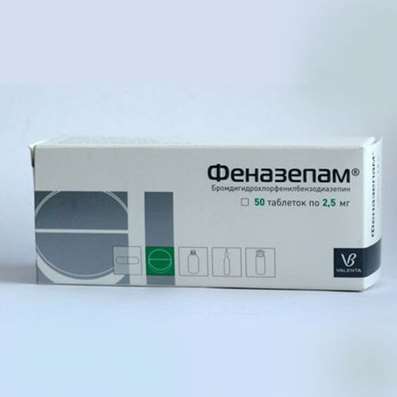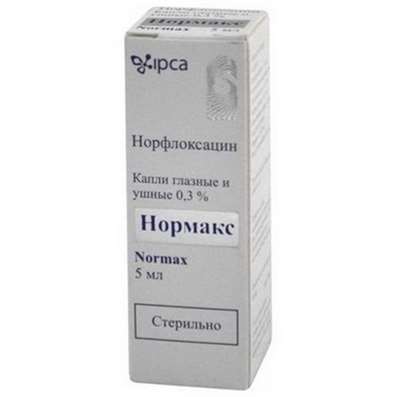Formation of drug abuse
14 Aug 2018
The use of narcotic drugs is due to the peculiarities of their action on humans, one of which is the ability to cause euphoria.

This euphoria is one of the signs of the state of narcotic intoxication (intoxication). Its nature, severity of subjective effects of pleasure, pleasure, imaginary improvement of physical and mental well-being are determined by various factors: the type of drug, the state and mood of the consumer, the environment in which it is located. The euphoria caused by opioid preparations is inherent in the sensations of somatic pleasure and the emotional background of rest, bliss. With euphoria caused by psychostimulants, a feeling of intellectual recovery, enlightenment prevails. The euphoria observed in narcotic intoxication is necessarily combined with a perceptual disorder, a change in thinking.
It should be emphasized that the degree of drug exposure is directly dependent on the dose taken, and is also related to previous experience of its consumption (the presence of tolerance to the drug). The nature of the euphoria caused by it also depends on the prescription of the drug. It is known that drug addicts with experience do not reach the euphoria they received at the beginning of anesthesia. As you get used to the drug, the intensity of euphoria decreases. Over time, the addict begins to take the drug not to evoke euphoria in its original concept, but only in order to remove the subjectively painful, uncomfortable state. Taking a drug does not make him particularly pleasant, but without him he can not do.
The ability of narcotic drugs to cause addiction (drug dependence) is explained by their pharmacological action on those areas of the brain, the irritation of which causes positive sensations. Narcotic substances and substances that cause substance abuse, activate zones of comfort, pleasure, reward, encouragement, positive reinforcement, and thereby strengthen emotionally positive reactions. Physiologists, assessing the significance of these zones for an animal, believe that its behavior is determined by the irritation of these zones and zones of the opposite sign (zones of punishment, zones of displeasure).
Nerve impulses coming along the conducting paths bring information to the brain about the satisfaction or dissatisfaction of a particular need. As a result, the animal chooses that tactic of behavior, which in the end provides an irritation of the positive zones. In humans, this system is certainly more difficult, since its needs and activities are largely due to social factors, but the principle of the system is similar.
Narcotic substances, activating pleasure zones, form a new need, a new desire - the need for the use of narcotic drugs. This new need begins to suppress will and mind.
Episodic use of intoxicating drugs is replaced by their regular reception. The initial effect of their intake diminishes, the protective reactions to its administration decrease and disappear - all these are symptoms of a change in the reactivity of the organism. He is already differently than before, reacting to the injecting drug. (A person from birth has a number of innate protective reactions, manifested by the ingress of toxic (poisonous) substances into the body. For example, in a person not accustomed to drinking alcohol, even a small amount of alcoholic drinks causes vomiting. Thus the body protects itself from foreign harmful substances. )
The same happens with the first acquaintance with drugs. For example, first when cannabis is taken or when sleeping pills are misused, there are profuse sweats, hiccups, drooling, pain in the eyes, nausea, vomiting, dizziness, and then these symptoms are no longer noted even with deep fatal intoxication.
A healthy person can not drink wine, vodka, etc. for several days in a row; they become disgusted to him, and a patient with alcoholism drinks them daily. The same happens when taking intoxicating agents. Regular daily use of them indicates a changed response to these funds - about getting used to them. It manifests itself in increasing the tolerability of narcotic drugs, increasing tolerance. Tolerance is a state of adaptation, characterized by a weakening of the protective reaction to the initial dose of the intoxicating substance so that to increase the former degree of intoxicating effect, its increase is required. The forms of intoxication are also changing, but this happens somewhat later.
At the same time, phenomena of mental dependence arise and intensify, a condition in which a drug causes a sense of satisfaction and requires repeated or continuous administration to continue pleasure or prevent discomfort. Mental dependence manifests itself in constant thoughts about drugs, in raising the mood in anticipation of its reception, and vice versa, in irritability, dissatisfaction, depression in the absence of the usual means. If a healthy person has various pleasures, he can be in a state of mental comfort in a variety of situations, then the addict reaches it only under the influence of the drug.
The appearance of signs of physical dependence, which manifests itself in the intense physical disorders that occur when the drug is discontinued, is the next stage in the development of the disease. Such disorders (abstinence syndrome) are a complex of specific symptoms and signs of mental and physical properties that are characteristic of the action of each type of drug.
Relief comes with the introduction into the body of the same drug or other substance that has a similar pharmacological effect and belongs to the same type. When the appropriate dosage is observed, the physical dependence does not appear externally. It becomes a powerful factor in increasing mental dependence, which causes a person to continue taking the drug or resume its use even after trying to refrain from it.

 Cart
Cart





